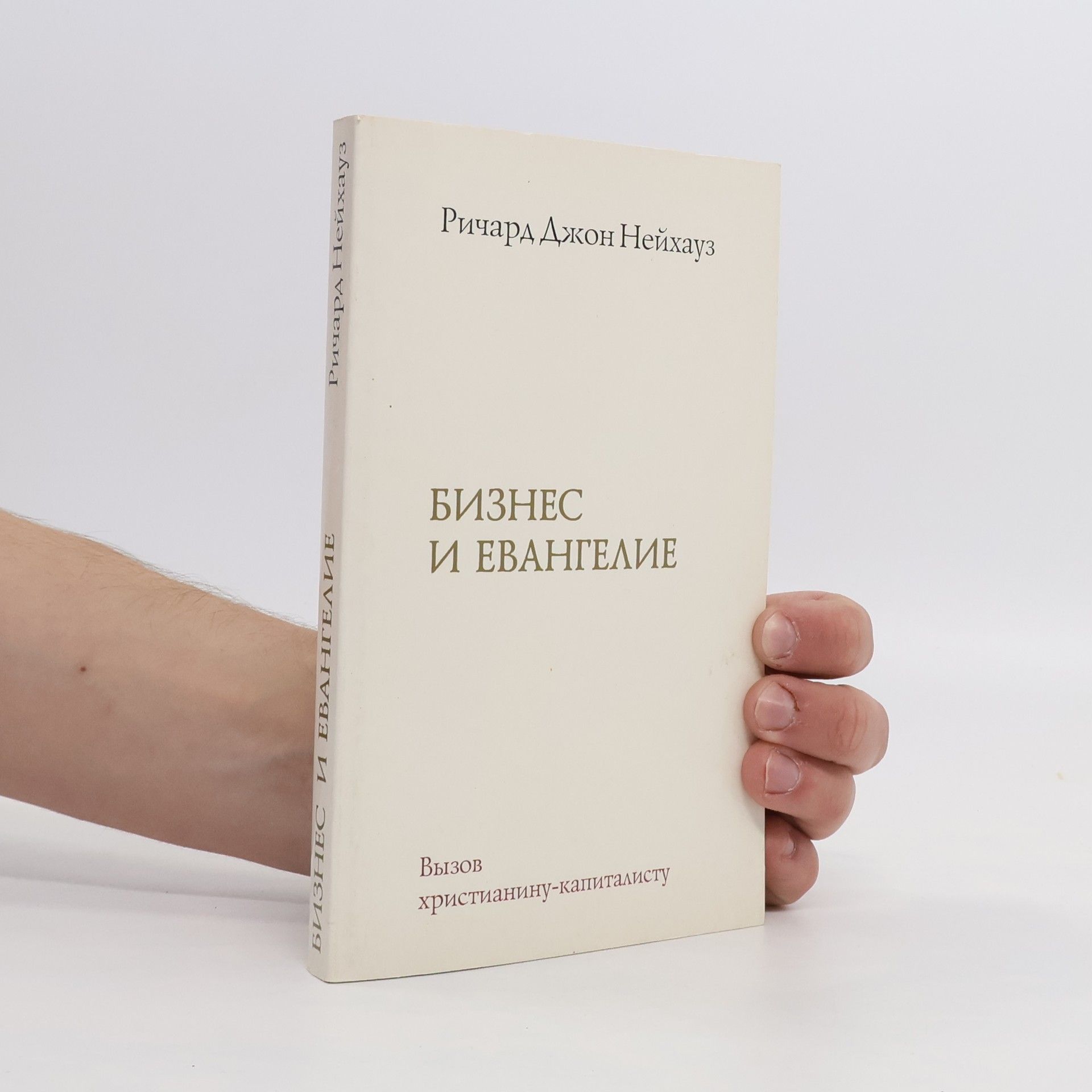Death On A Friday Afternoon
- 272 páginas
- 10 horas de lectura
“If what Christians say about Good Friday is true,” writes Richard John Neuhaus toward the beginning of his new book, “then it is, quite simply, the truth about everything.” Numerous writers and composers have been captivated by the suggestiveness of the Seven Last Words; Haydn, Beethoven, and Dvo?rák composed major works around them, and such writers as James Joyce, Gerard Manley Hopkins, Dylan Thomas, and Samuel Beckett return to them again and again. But Richard John Neuhaus's sustained exploration of these utterances is something altogether different. Through them he plumbs the depths of human experience and sets forth the central narrative of Western civilization—the suffering, death, and resurrection of Christ—in a way that engages the attention of believers, unbelievers, and those who are not sure what they believe.Was it necessary for Christ to die? Is it necessary that we suffer and die? If so, why? What is the connection between the undeniable fact of evil in the world and some ultimate justice? Does justice require punishment and, if so, how can it be just that the one person who was not guilty should suffer such a cruel death? In a culture devoted to pleasure and the avoidance of suffering is it possible that bad things are somehow redemptive? Neuhaus invites the reader into a spiritual and intellectual exploration of the dark side of human experience with the promise of light and life on the far side of darkness.

